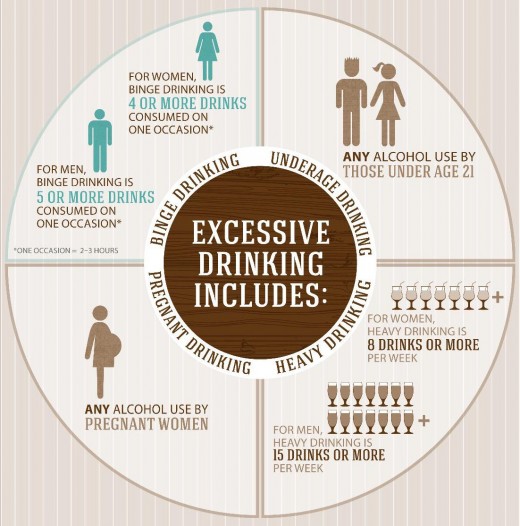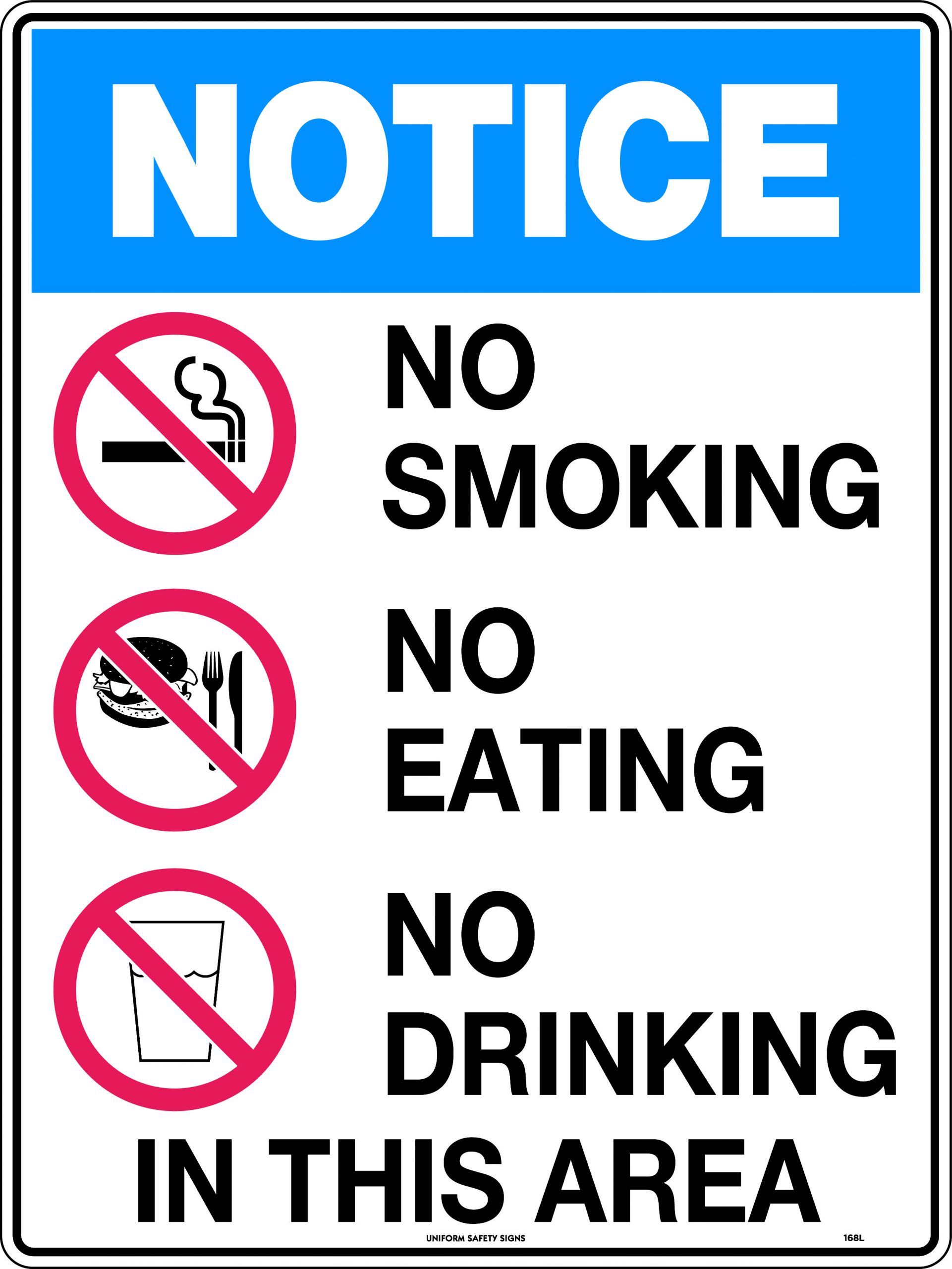

Sadly, while almost no one intends to take a life driving drunk, over 10,000 victims died from drunk driving in 2010.
#NOT DRINKING ALCOHOL SOULVER DRIVER#
Drunk driving cost the US 132 billion dollars last year not only that, but on average, a drunk driver got behind the wheel 80 times or more before their first arrest. These poor decisions can change the lives of yourself and those you love in an instant, bringing shattered relationships and prison sentences onto the horizon.ĭrunk driving is perhaps the most common problem associated with drinking in the United States. Due to the way that alcohol affects the judgment centers of the brain, drinking may cause you to make poor decisions. One 2004 study showed that heavy drinkers were 66% more likely to engage in spousal abuse than people who rarely drank.” Though alcoholics are by no means destined to abuse those around them, it’s important you’re aware it can be a contributing factor. If you or your loved one drinks alcohol in excess, it’s time to consider how alcohol may take years off of your life if not quickly addressed. While some of these diseases and disorders take years to manifest, others start to appear after only a few months of heavy drinking. Physically, your risk of diabetes increases, as does the general risk of pancreatic disease. Hallucinations, delusions, and sleep disorders could become a weekly occurrence. Dozens of mental disorders alone may be exacerbated or created by alcoholism. Unsurprisingly, alcohol is the primary cause of liver cancer.Ĭancer and liver disease are just a small sample of the health risks associated with alcoholism. According to the US government’s website on cancer, nearly 3.5% of all cancer deaths were alcohol-related. When tissues face damage to their genetic material, that genetic material may cause the cell to reproduce uncontrollably. Alcohol is, at the end of the day, a poison that damages bodily tissues. The risk of cancer is another challenge many alcoholics face.

The relationship between dopamine and alcohol consumption shows why alcohol addiction isn’t merely a habit, it’s a medical disorder. Alcohol dependence both develops for understandable reasons and persists dangerously. This depression also helps to explain why so many people’s performance suffers at work or in school while consuming alcohol daily. This alcohol-induced depression leads to a self perpetuating cycle: people drink to fight depression, and while the drinking temporarily relieves the depression, it causes the depression to strike back in an even worse fashion the next day. Alcohol acts as a depressant, leading to the feelings of melancholy that persist long after a hangover has ended. Everyone who has ever had too much to drink probably knows the throbbing, nauseating pain of a hangover. People need to drink greater and greater amounts of alcohol to get the same “ buzz.” This leads to more binge drinking.Īlcohol’s long-term side effects are another contributing factor in addiction. While some might think this would lead to a person consuming less alcohol, the opposite is true. In other words, less dopamine is released by our nerves for the same amount of alcohol. However, over time, even casually drinking alcohol can develop a tolerance to the pleasure inducing effects. This positive reinforcement mechanism helps explain why people start drinking alcohol when they’re going through a rough time. When you drink alcohol, what happens is your brain’s dopamine receptors are flooded with a surge of dopamine this is what’s behind the “ buzzed” feeling many drinkers associate with alcohol. Our bodies operate using a neurotransmitter called dopamine, which is responsible for feelings of motivation and happiness. One of the reasons alcohol is so difficult to defeat is it’s not a willpower problem, as many think, but rather a biological problem that leads to changes in the way your brain operates.


 0 kommentar(er)
0 kommentar(er)
